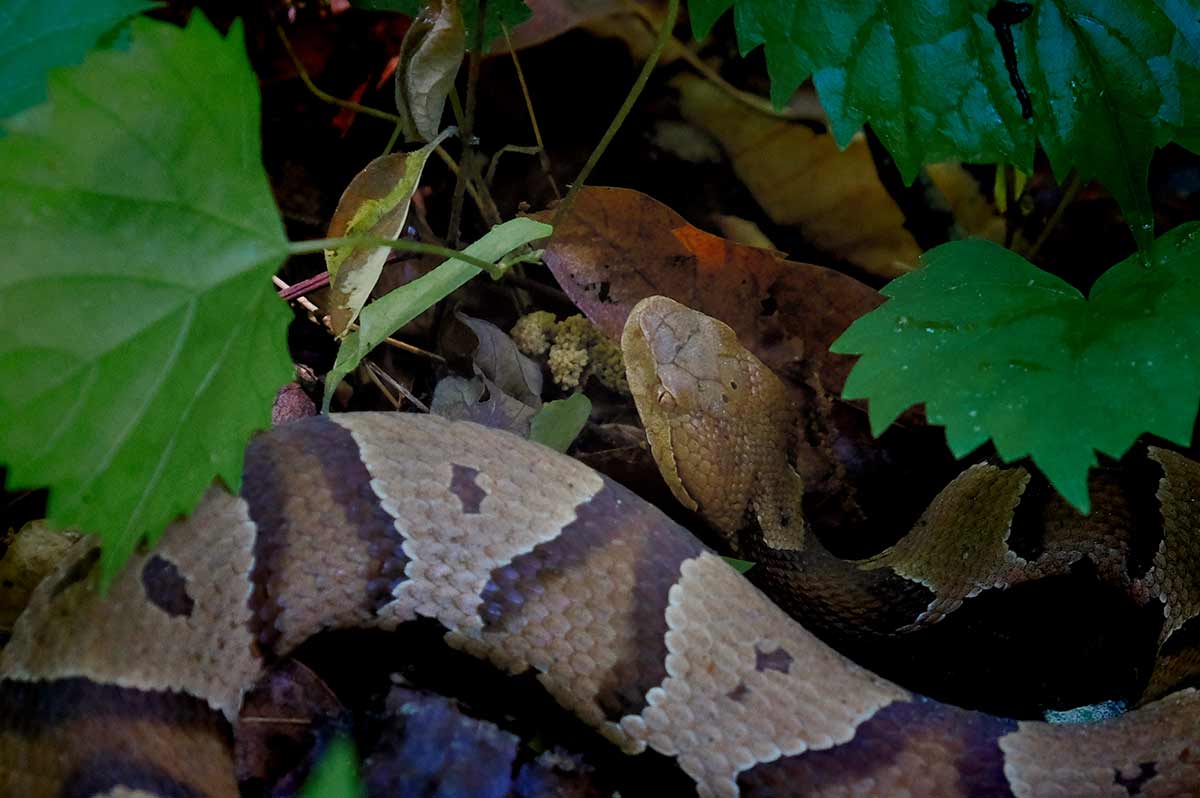—
Bats are nocturnal critters that traditionally roost in caves by day but any warm, dark and sheltered area can be used as a substitute – and that includes your attic. It’s common for bats to infest attics in the Raleigh-Durham-Cary area, with the flying mammals often gaining access through vent openings or holes in the roof. Fortunately, unlike squirrels and raccoons, bats won’t deliberately chew and claw apart materials they find in your attic. However, having bats living in your attic is still a bad thing.
While bats aren’t wilfully destructive, their urine and feces – known as “guano” – are extremely corrosive. When a family of bats roosts in your attic, their guano will quickly begin piling up. As guano accumulates, it will destroy whatever it lands on, including flooring, insulation, pipework, and any belongings stored in your attic. If a bat infestation persists for long enough, guano may even begin to seep through your ceiling, creating stains and a horrible musty stench.
Another danger of having bats in your attic is their propensity to be vectors of rabies. While it’s estimated that less than 5% of bats are carriers of rabies, it only takes one rabid bat to spread the virus throughout a colony. Rabies is an extremely lethal virus which is almost always fatal once symptoms begin to appear. If infected, bats can spread rabies to your family and pets with a single bite; a situation that’s much more likely if bats are living in your attic.
Between the danger of rabies and the damage caused by guano, it’s important to contact a wildlife removal company in North Carolina as soon as possible when a bat infestation is discovered in your attic.
 NCSU Alumni
NCSU Alumni